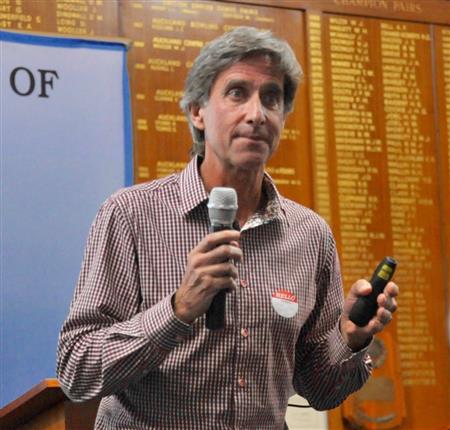Professor Dr. Wayne Cutfield
Professor Cutfield is Professor of Paediatric Endocrinology at the Liggins Institute. The clinical research project he is leading is looking at how environmental influences early in life can affect childhood growth and development in ways that could lead to chronic conditions in adult life. This study could potentially be transformational.
The project is focusing on the importance of healthy 'Gut Bugs'. Gut bugs weigh about the same as our brain. Our gut bugs hugely influence our well-being and have a profound influence on health. We are in the midst of an obesity problem with 50% of Pacific children being obese when starting school. The idea behind the trial is that by introducing more kinds of gut bacteria to obese young people, it will enable their bodies to metabolise food better, potentially leading to weight loss and other health benefits, such as lowering type 2 diabetes risk.
Experiments have been undertaken involving putting gut bugs from lean mice into overweight mice. This led to dramatic weight loss.
The Liggins Institute trial is believed to be the first in the world to study gut microbiome transfer in young adults with obesity. The transfer involved safely isolating the gut bacteria from the stools of healthy lean donors and putting it into capsules which were then taken by overweight teenagers. This trial is redefining our understanding of nutrition and health. It's all to do with the bacteria that live inside and on the surface of our bodies, known as our microbiome. This study focuses on the bacteria deep in our gut which accounts for 95 percent of our total microbiome. The more diverse our gut microbiome, the healthier we are.
Introducing gut bugs from non-diabetics to diabetics, helped the condition. It didn't go away completely but improved significantly.
Gut bugs influence our weight and how we process food. People with obesity have different gut bugs compared to those who don't. Diet and exercise have a huge effect on our gut bugs.
The results of this trial will be known later this year and will be in the media. The project has cost $1,000,000.
